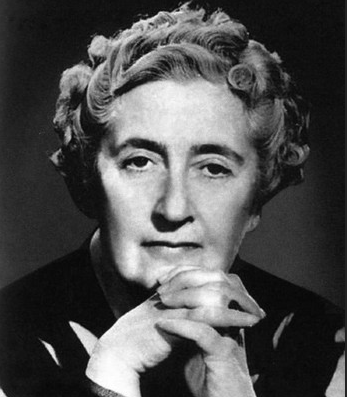R. L. Stine: Bowdlerization without consent
While I’m on a roll with articles on recent bowdlerization, let’s take a look at R. L. Stine. I’d heard that his publisher had made changes to improve supposedly offensive passages in his Goosebumps series but assumed that he had made them himself or at least consented to them. According to Stine, he wasn’t even informed of the changes till after the fact.
Book contracts almost always let the publisher edit the book, and the language is vague on how much they can change. The publisher, Scholastic, was probably within its legal rights, especially since I haven’t seen Stine say otherwise. Past reissues have included minor changes in wording that didn’t affect the meaning. Still, making significant changes to a book by a living author after it’s been in print for a long time, without telling the author, is unusual and arrogant.
(more…)

